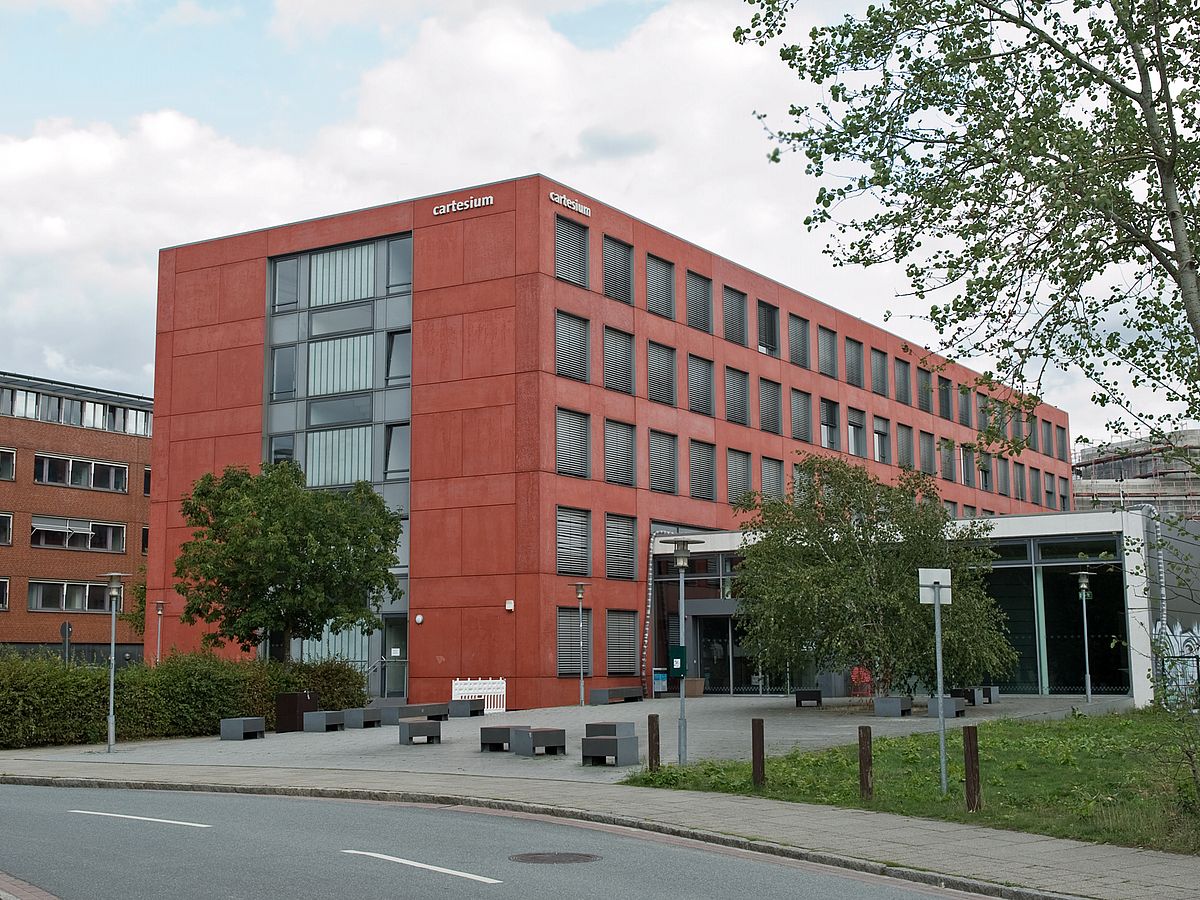
Symposium 2022
5th October 2022

The Symposium will cover experimental and theoretical studies of materials and processes driven by electrochemical driving forces. In particular, it will focus on Bioelectrochemical Systems and Technologies, Electrochemical Energy Systems, Electrochemical Materials Synthesis and Characterization.
live: Rotunde (Cartesium)
online participation possible
no registration fee
scientific programme
gallery of speakers
- organizers
Invited speakers


© Aleksandar R. Zeradjanin
Aleksandar R. Zeradjanin, Max Planck Institute for Chemical Energy Conversion, Mülheim an der Ruhr

© Jonne Renvall
Marika Kokko, Faculty of Engineering and Natural Sciences, Tampere University

© Katharina Brinkert
Katharina Brinkert, Center for Applied Space Technology and Microgravity (ZARM), University of Bremen | Department of Chemistry, University of Warwick

© Fabio La Mantia
Giorgia Zampardi, Universität Bremen, Energiespeicher- und Energiewandlersysteme

© Ingmar Bösing
Ingmar Bösing, Chemical Process Engineering Group (CVT), Center for Environmental Research and Sustainable Technology (UFT), University of Bremen

© Monica Santamaria
Monica Santamaria, Dipartimento di Ingegneria of Università di Palermo

© Christian Schmid
Robert Meißner, Hamburg University of Technology / Helmholtz-Zentrum Hereon
Contact
For all questions regarding the Symposium please don't hesitate to contact us: mapexprotect me ?!uni-bremenprotect me ?!.de.
Find out more about the organizers.


